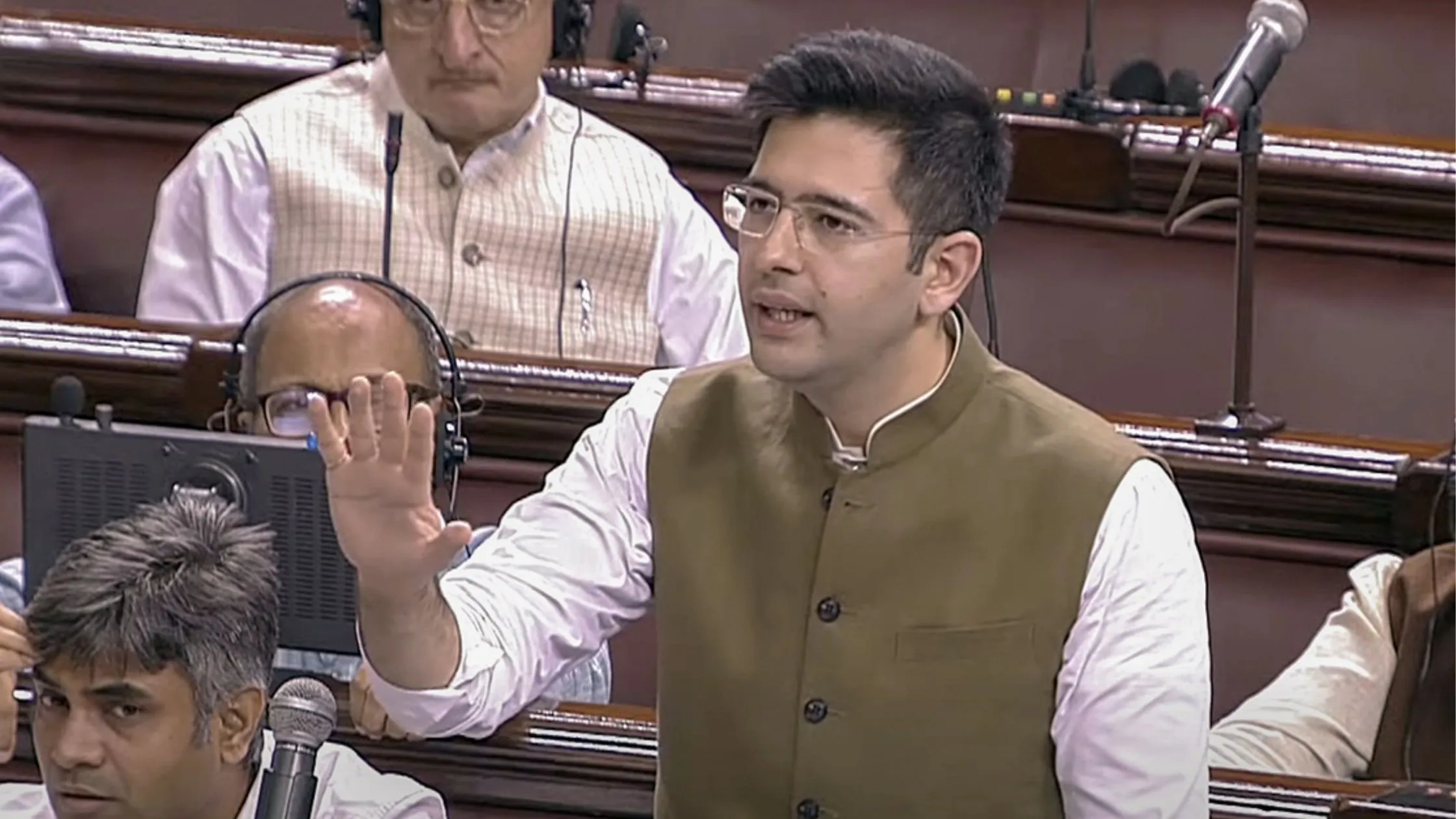Table of Content
▲ The Supreme Court said that disputes between tenants and landlords under the Transfer Act could be resolved through arbitration instead of costly and time-consuming litigation.
The Supreme Court ruled that arbitral tribunals have the power to adjudicate such disputes under the Transfer of Title Act of 1882. However, such disputes that are covered and governed by state rent control laws will not be arbitrable and will be adjudicated by courts or forums designated under the legislation.
The ruling, which overturned the Supreme Court's special ruling in 2017, was delivered by the oath of office headed by Judge Nevada Ramana and included Judge Sanjeev Khanna and Judge Krishna Murari on December 14 in a case between Vidya Droluya and others. Durga Trading Company.
 "Arbitration is a fair, responsive, and effective dispute resolution mechanism to meet the contemporary requirements of the rental industry," said Abhilash Pillai, a partner in law firm Cyril Amarshand Mangaldas. "This Supreme Court ruling will pave the way for a speedy settlement of these rent disputes to a large extent and take the pressure off the court system, which has been struggling to end the backlog of such cases."
The ruling is gaining importance in the context of the government's efforts to boost home rents across the country and to allow tenants greater flexibility regarding legal recourse in the event of disputes with landlords.
To resolve disputes between landlord and tenant through arbitration, there must be an arbitration clause in your agreement or an agreement to this effect between the parties.
"With this ruling, the Supreme Court strongly placed emphasis on resolving disputes through arbitration if the parties agreed to arbitration, and reminded the courts to stay away from arbitrable disputes," said Hudhaifa Nasikwala, co-founder. From the Nascuala law firm.
"Arbitration is a fair, responsive, and effective dispute resolution mechanism to meet the contemporary requirements of the rental industry," said Abhilash Pillai, a partner in law firm Cyril Amarshand Mangaldas. "This Supreme Court ruling will pave the way for a speedy settlement of these rent disputes to a large extent and take the pressure off the court system, which has been struggling to end the backlog of such cases."
The ruling is gaining importance in the context of the government's efforts to boost home rents across the country and to allow tenants greater flexibility regarding legal recourse in the event of disputes with landlords.
To resolve disputes between landlord and tenant through arbitration, there must be an arbitration clause in your agreement or an agreement to this effect between the parties.
"With this ruling, the Supreme Court strongly placed emphasis on resolving disputes through arbitration if the parties agreed to arbitration, and reminded the courts to stay away from arbitrable disputes," said Hudhaifa Nasikwala, co-founder. From the Nascuala law firm.
 According to him, the Supreme Court, for the first time, has dealt with in detail non-arbitrable disputes, at what stage an objection can be raised about arbitration of disputes, and which court or the court will decide on the ability to arbitrate.
The court also ruled that the arbitration award issued while adjudicating landlord and tenant disputes can be enforced and enforced as a civil court decision.
According to Nassicola, the ruling is crucial for big cities like Mumbai, where disputes between tenants and landlords that included an arbitration clause under the Transfer of Title Act have been referred to the Small Cases Court. Now, in light of the SC's decision, these disputes will be adjudicated by an arbitrator.
According to him, the Supreme Court, for the first time, has dealt with in detail non-arbitrable disputes, at what stage an objection can be raised about arbitration of disputes, and which court or the court will decide on the ability to arbitrate.
The court also ruled that the arbitration award issued while adjudicating landlord and tenant disputes can be enforced and enforced as a civil court decision.
According to Nassicola, the ruling is crucial for big cities like Mumbai, where disputes between tenants and landlords that included an arbitration clause under the Transfer of Title Act have been referred to the Small Cases Court. Now, in light of the SC's decision, these disputes will be adjudicated by an arbitrator.
 The court clarified that rental disputes governed by state laws to control rents must be dealt with through special courts or forums established under those laws. According to Pillay, state tenancy laws give only specific courts jurisdiction to settle a dispute or grant eviction from a property.
The Transfer Act, like other laws, has a general purpose: to regulate landlord-tenant relationships, and the arbitrator will be bound by provisions, including those that protect tenants, in accordance with the 243-page order.
Also Read: Tips to sell a Mortgaged Property
The court clarified that rental disputes governed by state laws to control rents must be dealt with through special courts or forums established under those laws. According to Pillay, state tenancy laws give only specific courts jurisdiction to settle a dispute or grant eviction from a property.
The Transfer Act, like other laws, has a general purpose: to regulate landlord-tenant relationships, and the arbitrator will be bound by provisions, including those that protect tenants, in accordance with the 243-page order.
Also Read: Tips to sell a Mortgaged Property










